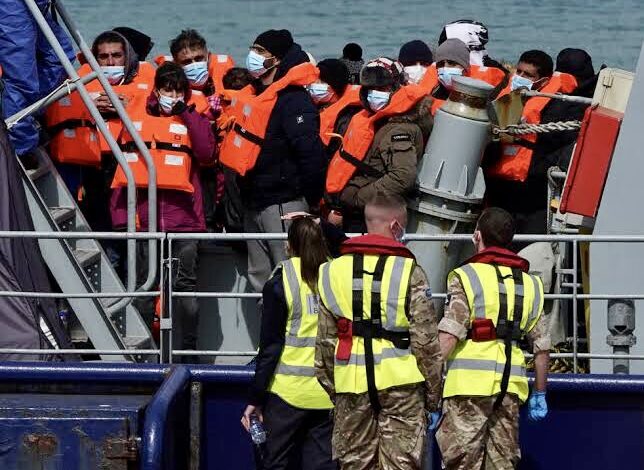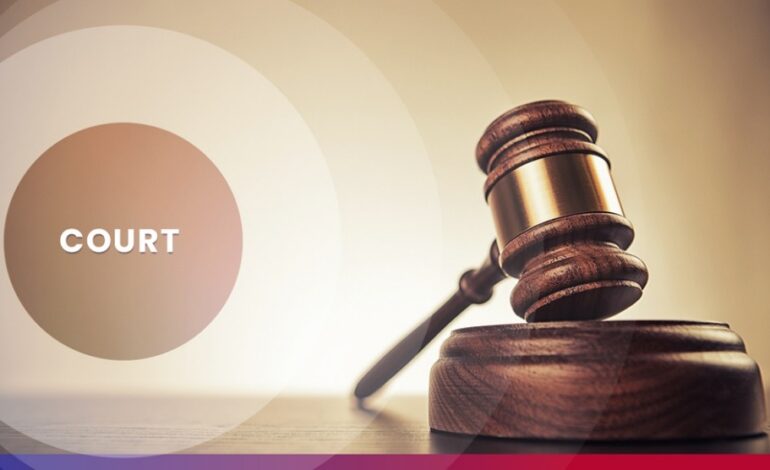
Avellon Williams
KINGSTON, JAMAICA- Privy Council of the United Kingdom will soon decide whether a law in Trinidad and Tobago prohibits bail for murder suspects, which could have implications on efforts by the Jamaican Andrew Holness-led administration to enact similar provisions.
As Jamaica’s court of final appeal, the Privy Council serves as the nation’s highest court.
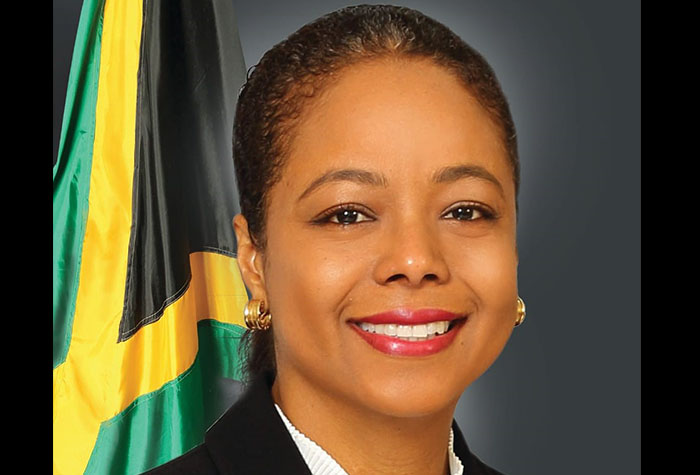
Minister of Legal and Constitutional Affairs Marlene Malahoo Forte has warned of impending changes to the bail system, which critics believe threatens constitutional rights to bail in Jamaica.
The Privy Council reserved its ruling last week in a murder case brought by the Trinidad and Tobago Court of Appeal, which would allow people charged with murder to apply for bail.
Under Trinidad’s Bail Act of 1994, section 5(1) prohibits bail for people charged with murder or certain other offenses.
A case involving Akili Charles, who was arrested in December 2010 and was released in 2019 after the case was dismissed, is at issue.
A constitutional motion was brought by Charles in 2020 to declare section 5(1) of the Bail Act unconstitutional.
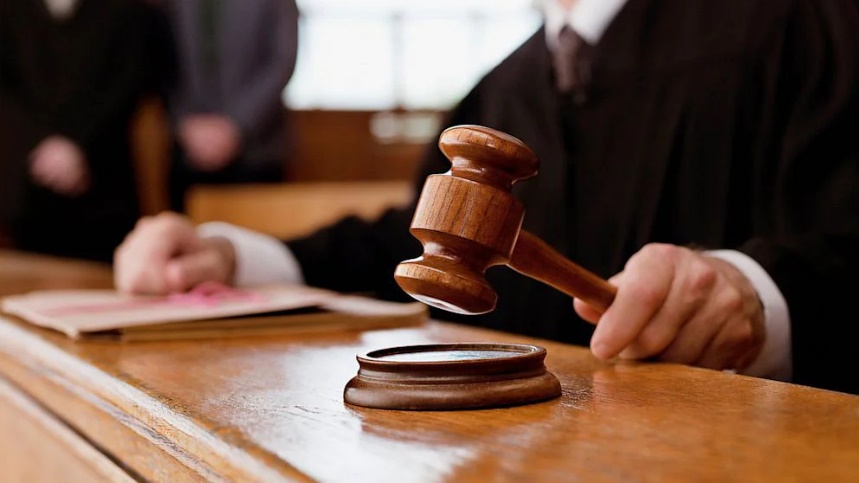
In 2021, a high court judge ruled that the law was not subject to challenge as an “existing law” because it re-enacted the position in force when the Constitution came into effect in 1976.
He appealed the court’s decision in February, and the Court of Appeal ruled in favor of Charles.
The court declared the Bail Act unconstitutional, arguing that it was not an existing law that could benefit from the Constitution’s savings provisions.
Additionally, the appellate court ruled that section 5(1) of the Bail Act was unconstitutional and not reasonably justified in a society that is concerned about the rights and freedoms of individuals.
As a result of that decision, Joel King, who had been in custody for eight years waiting for trial, became the first murder suspect in decades to be granted bail.
Trinidad and Tobago appealed the Court of Appeal’s decision to the Privy Council through its Attorney General.
Judges from the United Kingdom heard the case on June 8 and 9.
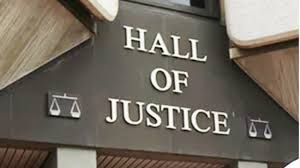
According to the government lawyers, Trinidad’s parliament enacted the Bail Act in response to a mistrust in the judicial system regarding bail.
It was noted that crime levels were high and people on bail were committing criminal acts, although not murder since it was not the practice of the courts to grant bail for murder, as reported in Newsday, a Trinidadian newspaper.
Attorneys for the state argued that they were not alleging that the judiciary could not be trusted, but that the legislation was designed to protect the public at the time.
In arguing for the ex-murder accused who challenged the Act, lawyers said Section 5 of the Bail Act was arbitrary and violated constitutional rights.
Furthermore, they said bail cannot be used as a tool to combat crime, but instead the police must be appropriately equipped.
Regarding long pre-trial detentions and prison conditions, a reference was made. Also, the lawyers argued that bail should be left to the Judiciary, as the Judiciary was the protector of the Constitution, while the legislature could not be granted carte blanche power to take away fundamental rights.
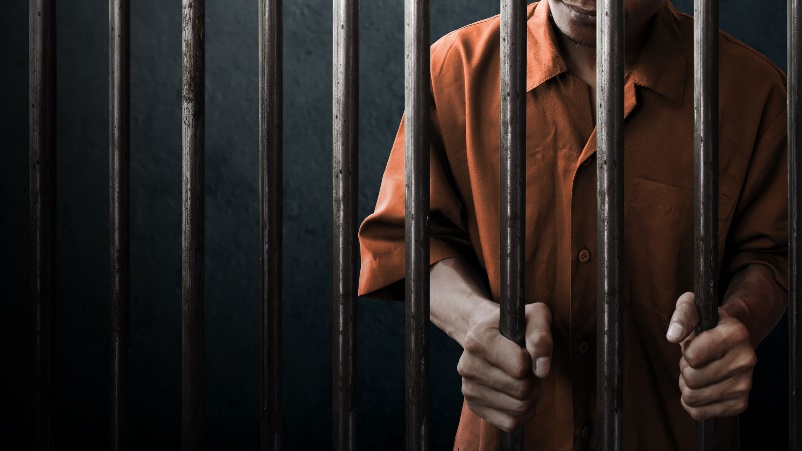
The Opposition People’s National Party and the Cornwall Bar Association have both issued statements warning the Andrew Holness administration against restricting judicial discretion on bail. The police have urged the government to make the changes.
“If you on murder charge you cannot be at large, and if you on gun charge you cannot be at large,” Malahoo Forte said in the House of Representatives, adding that the proposed law will be tabled soon.
Attorney-at-law Leonard Green described the suggestion as a prejudging of the issues.
“It is moving along the pathway that persons are presumed to be guilty even before a bail application is made or even before a trial has commenced,” he pointed out.
“It is against the basic principle that a person is presumed innocent until the contrary is proved,” he said.


